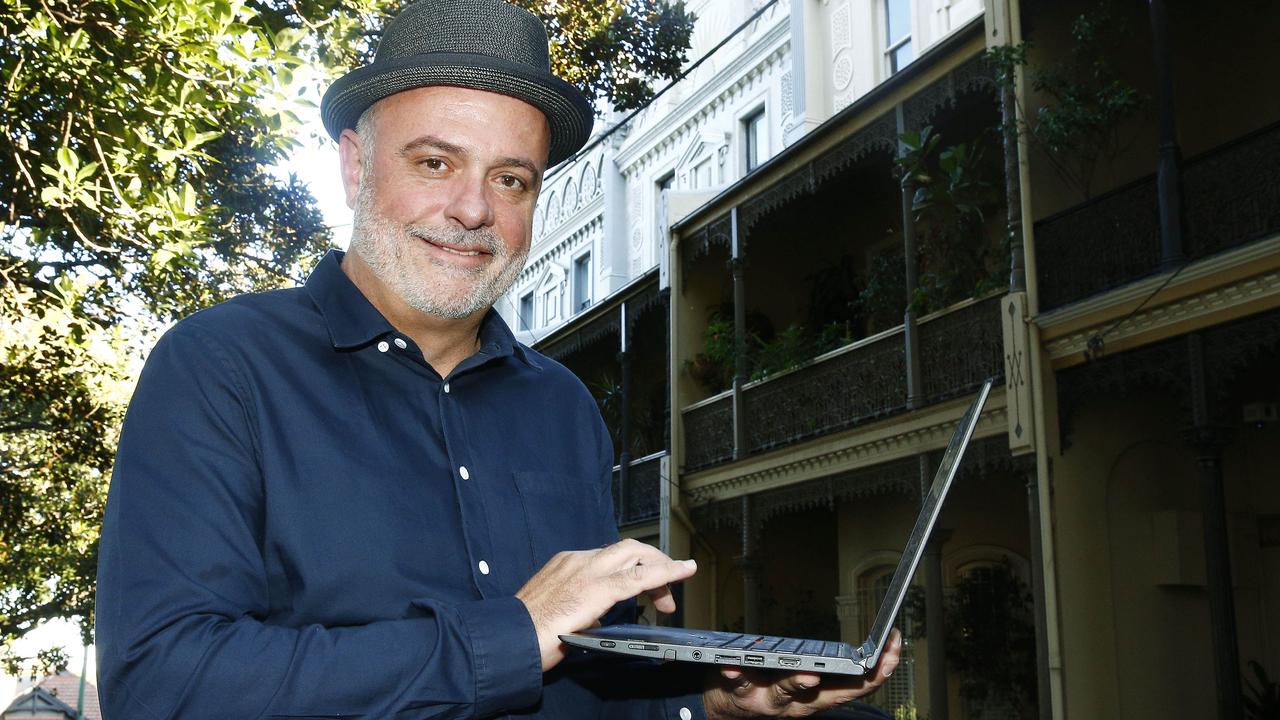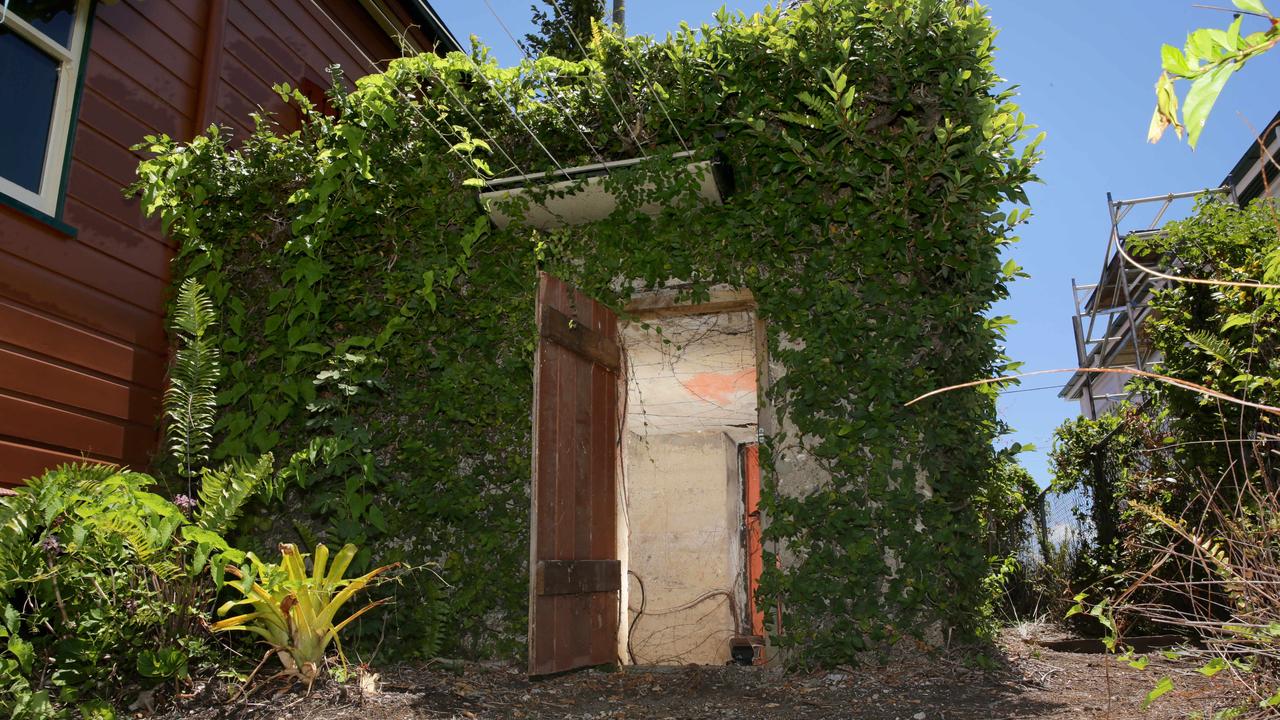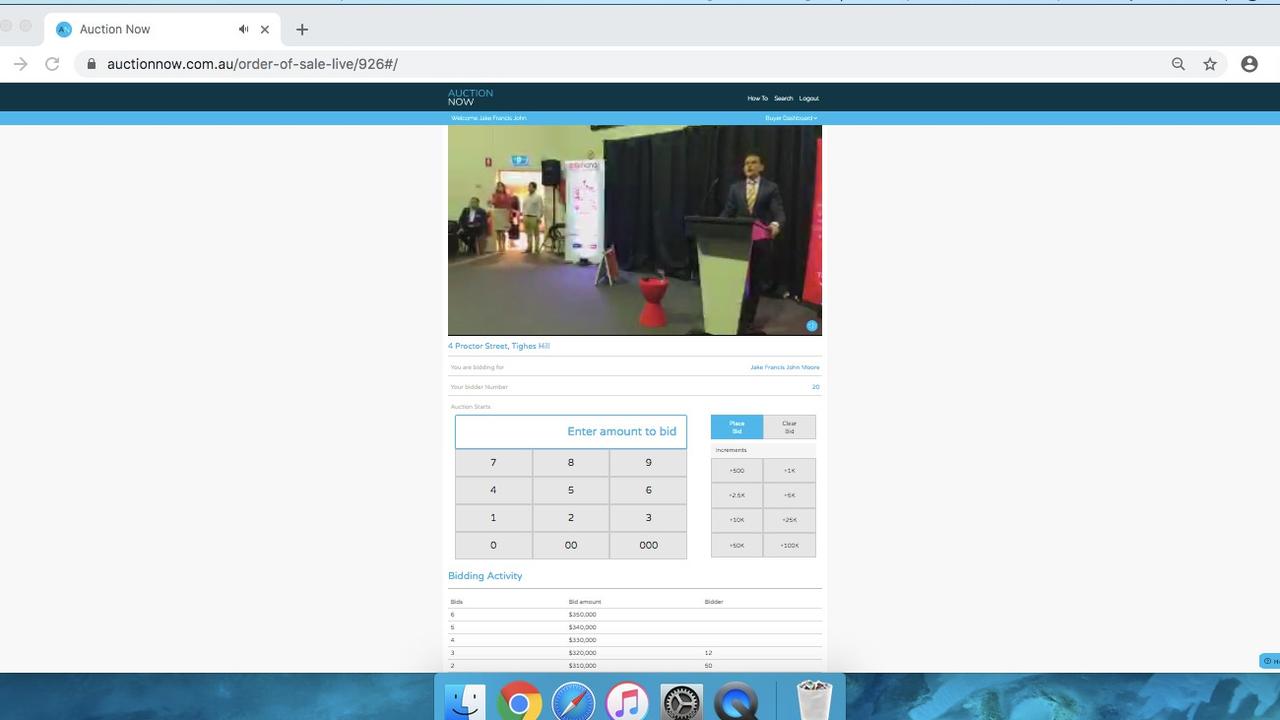Coronavirus changes to real estate: How to navigate the industry as a buyer or seller
Coronavirus has turned the real estate world on its head with a myriad of new challenges for buyers and sellers. This is how you can get ahead of the game.

The future is now for many in real estate, especially buyers and vendors, as challenges posed by COVID-19 hasten the technological evolution of the industry.
Due to health restrictions and social distancing measures, the digital enhancement of the real estate transaction has become imperative and has suddenly heralded the age of virtual inspections and online auctions.

RELATED: Why the time is right for first-home buyers
Home security fears spike due to COVID-19
All your coronavirus/real estate questions answered
The uncertainty of the coronavirus pandemic has brought with it a new approach to buying and selling property for the agents as well as those listing their home and those looking to buy.
One major result of this has been to sort the wheat from the chaff when it comes to truly interested buyers. Tyrekickers are staying home, the real buyers are getting out there.
Through video conferencing, virtual inspections and private open homes, greater organisation and a significantly increased level of commitment is demanded of potential purchasers.
“As a whole the industry has transistioned very well to the new way of doing things,” buyer’s agent Simon Cohen of Cohen Handler said.
“And what I’m seeing as a result of the changes is that homeowners are getting more qualified buyers. Those organising the private inspections are committed buyers, they aren’t just people having a bit of a look on a Saturday morning after picking up the paper and a coffee.

“There were a lot of buyers in the market before the coronavirus hit and a lot buyers are still there looking to take advantage of what has happened.”
George Nikos of Urbane property in Sydney’s inner west was ahead of the curve. His agency has been offering cutting edge digital inspections and online auctions for the past two years. He said the interest in his listed properties had dropped by as much as 80 per cent due to COVID-19 but that the number of genuine buyers had remained steady.
“On average we were getting 20 groups through an open home, now it is down to four or five. But of those four or five, they are all ready to buy,” Mr Nikos said.
“We are selling off market with plenty of competition and likewise with private treaties. For want of a better word this has become the new normal.”
However Mr Nikos said some aspects of the real estate deal had remained the same.
“One thing that continues to stand out is the need to be patient, whether you are a buyer or a seller,” he said.

“Don’t compromise, because in the long run you will likely regret it. Be patient, finding the right buyer or the right property doesn’t often happen overnight. It can be hardwork. But in the end it is worth it.”
So what is the best approach in this new world of real estate?
Here is how you can sort the wheat from the chaff yourself when looking for your new home right now.
Consider what the pictures aren’t telling you
It’s obvious that many selling agents use artificial lighting and PhotoShop tricks to their advantage, so buyers need to study the marketing images and ask plenty of questions.
“Photos and video are routinely altered and edited and taken strategically to leave out the negatives to have a property look better than it may otherwise be,” said Patrick Bright, buyer’s agent and founder of EPS Property Search.
“Some online marketing photos are so selectively misleading that I have wondered during the physical inspection if I am actually at the right address.”
If the images in the online listing only show you part of the picture, then ask the agent to send you some more from their smartphone without all the editing.

Remember to ask questions about the video
Cate Bakos, president of the Real Estate Buyers Agents Association, said it’s worth asking the agent who shot the video.
“They might be capturing the look and feel of the property, but maybe they’re not independent. So the question arises, will they show the warts and all to give the buyer a balanced view of the property’s attributes, positives and negatives?”
“I think the agent’s video should really be a tool that’s used to determine whether the property is worth being shortlisted for a real inspection,” she said.
Ms Bakos added that a video can visually help a buyer, but it won’t appeal to all the senses.
“There will be things that aren’t evident in a video, such as smell, sounds and where the light is coming from. In real life you might feel if the floor is a little bit bouncy, or uneven and needs underpinning or restumping,” she said.
MORE: Inside celebs’ $3.5m doomsday bunkers
Aussie private island for less than $500k
COVID-19: Is now a good time to buy property?

Create a well thought-out shortlist
So as to not waste yours or the agent’s time, or unnecessarily expose yourself to the virus, it’s really only worth seeing properties that are serious contenders.
“So it’s important to be really clear with your criteria,” Ms Bakos said.
“Be really strict about what’s even on your list first, and what’s not on the list. Let’s say for example, you’re looking at a particular school zone. There’s no point looking outside of that if you’ve made a determined effort to only buy in the zone. No matter how tempting or beautiful the property is - the answer is no. So you’ve got to be really firm with yourself about what your must have criteria is.”
Never buy a property sight unseen
“One of the most foolish things a buyer can do in any market is to buy a property sight unseen,” Mr Bright said.
If after looking at the photos online and doing a “drive-by” inspection, you still believe this could be the one for you, then arrange a private inspection.
He said few negatives are as easily detected online as they are in person such as power lines, natural light, privacy, floor plan flow, feel and vibe, true room sizes and noise impacts.
“It’s simply crucial to either inspect or have an unbiased third party inspect on your behalf, be they a trusted family member or a skilled industry professional,” he said.
Have a good poke around
Prior to social distancing measures, real estate agents were under a lot of pressure to try and facilitate everyone’s inspections on Saturdays, or during the week after work and often only gave potential buyers a short viewing window.
“They would put pressure on buyers to hurriedly run through, tripping over other buyers when things were really busy. It’s not like that now. Buyers are getting the house to themselves. Social distancing is allowing them to pop on the gloves and really have a poke around,” Ms Bakos said.

Do your online auction homework
Purchasers have long been advised to attend onsite auctions to get themselves up to speed with the process, so online auctions should be no different.
“Familiarising yourself with the platform is a very important starting point. The functionality of the platform is extremely easy to navigate and it’s extremely friendly,” said Scott Kennedy Green, chief auctioneer with McGrath Estate Agents whose team uses the Auction Now platform.

“In the new order that we live in, instead of going to see auctions on Saturday morning with your paper and your cup of coffee, you can now just plug in and watch live auctions in real time,” Mr Kennedy Green said.
“Like any other auction process, knowing your property will give you the fundamentals to bid within your range. But just like any auction, know your limit and don’t go overboard.”

Spot the differences under the hammer
Technology isn’t the only change to the auction landscape, according to Mr Kennedy Green.
“One main difference is probably the speed in which we engage our numbers and the buyers engage with their bidding. So, in layman’s terms, it takes a lot longer to perform a standard property auction than it would in real life onsite or in the rooms,” he explained.
“The time it takes to bid and to satisfy yourself with the numbers that you’re posting for your property is; a) important, and in this method, b) timely - time being the operative word in this. You’ve got time to place your bids and although we can run through the process as we normally would, we don’t rush the buyer to engage at speed,” he said.
additional reporting by Kirsten Craze



